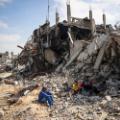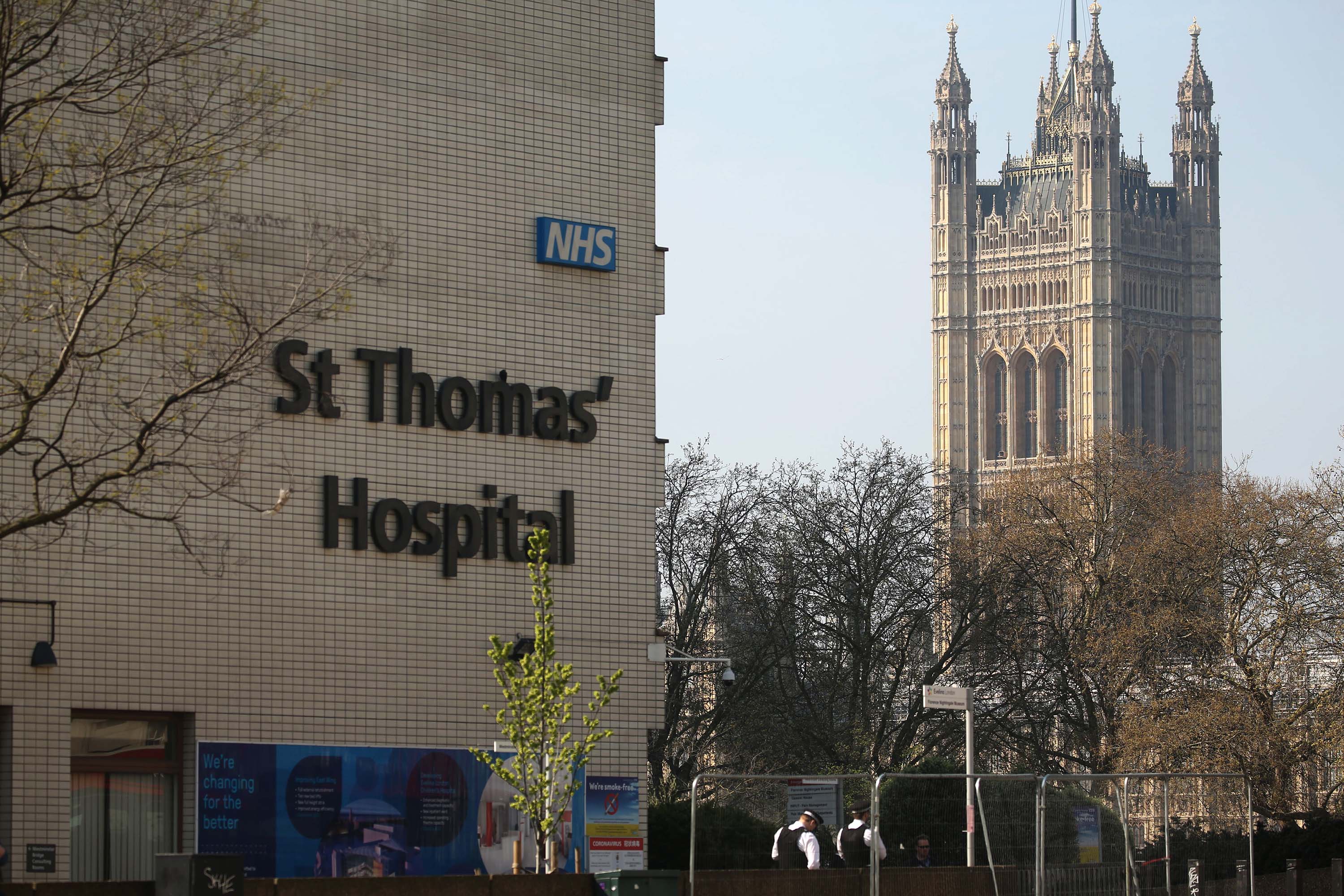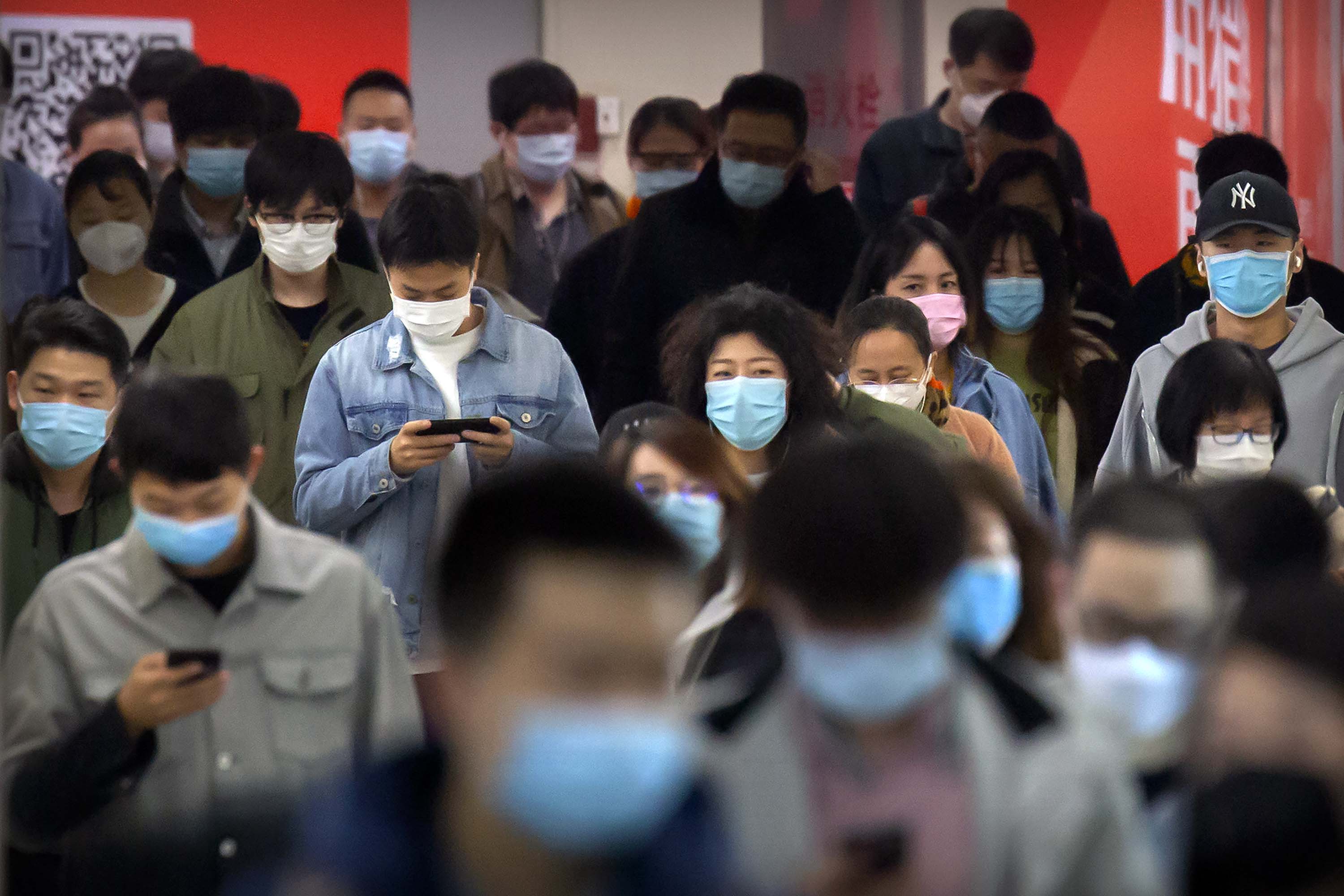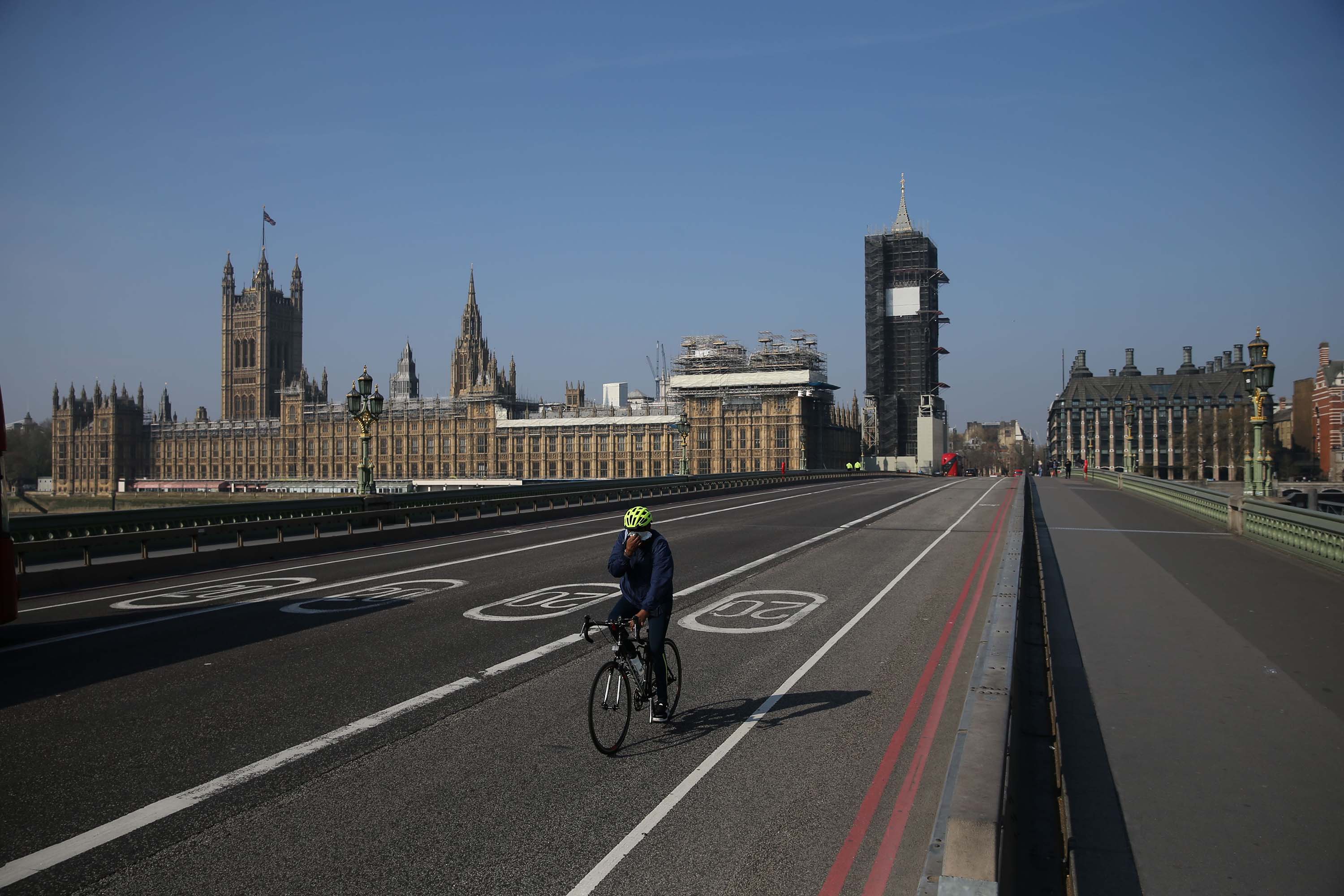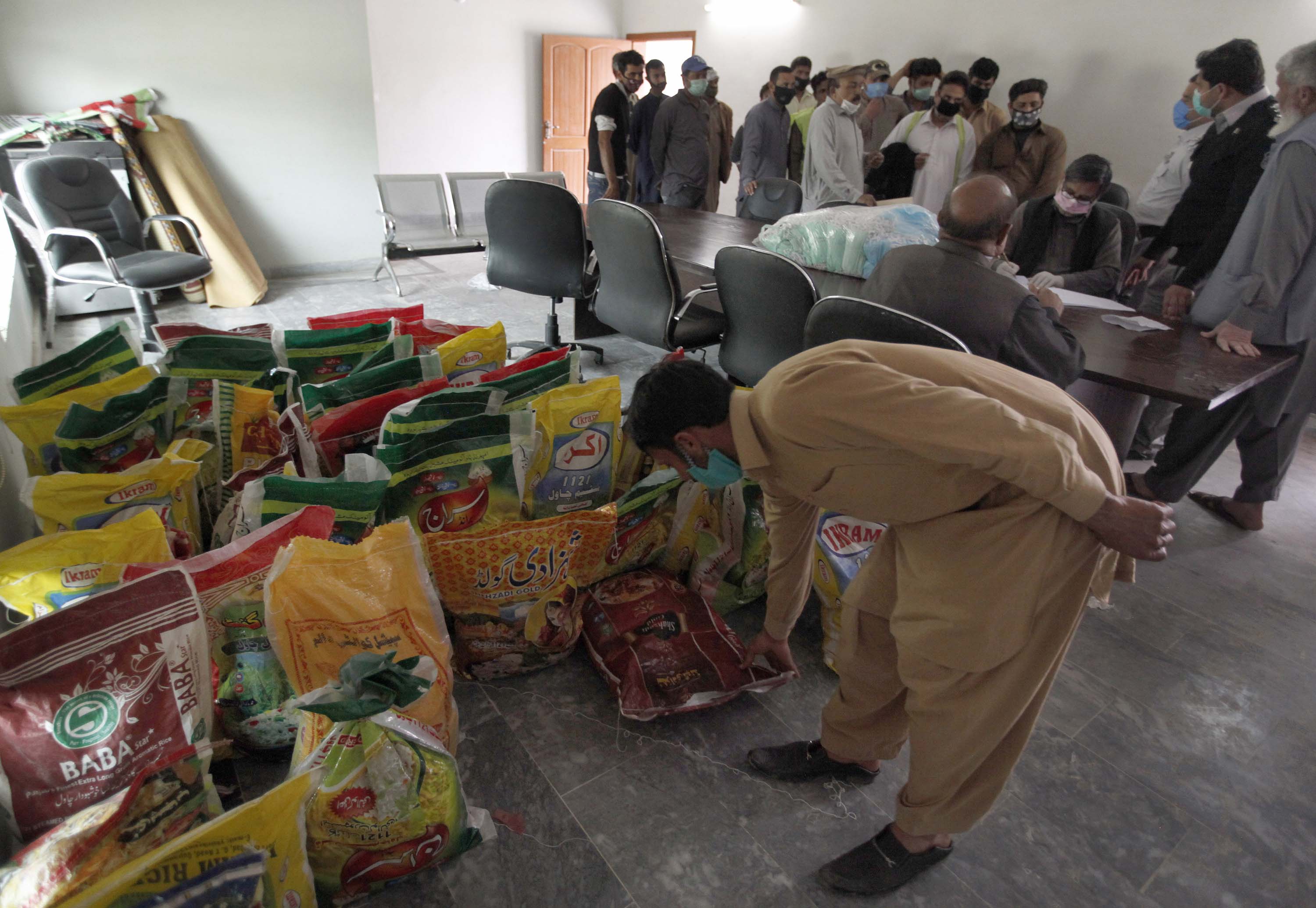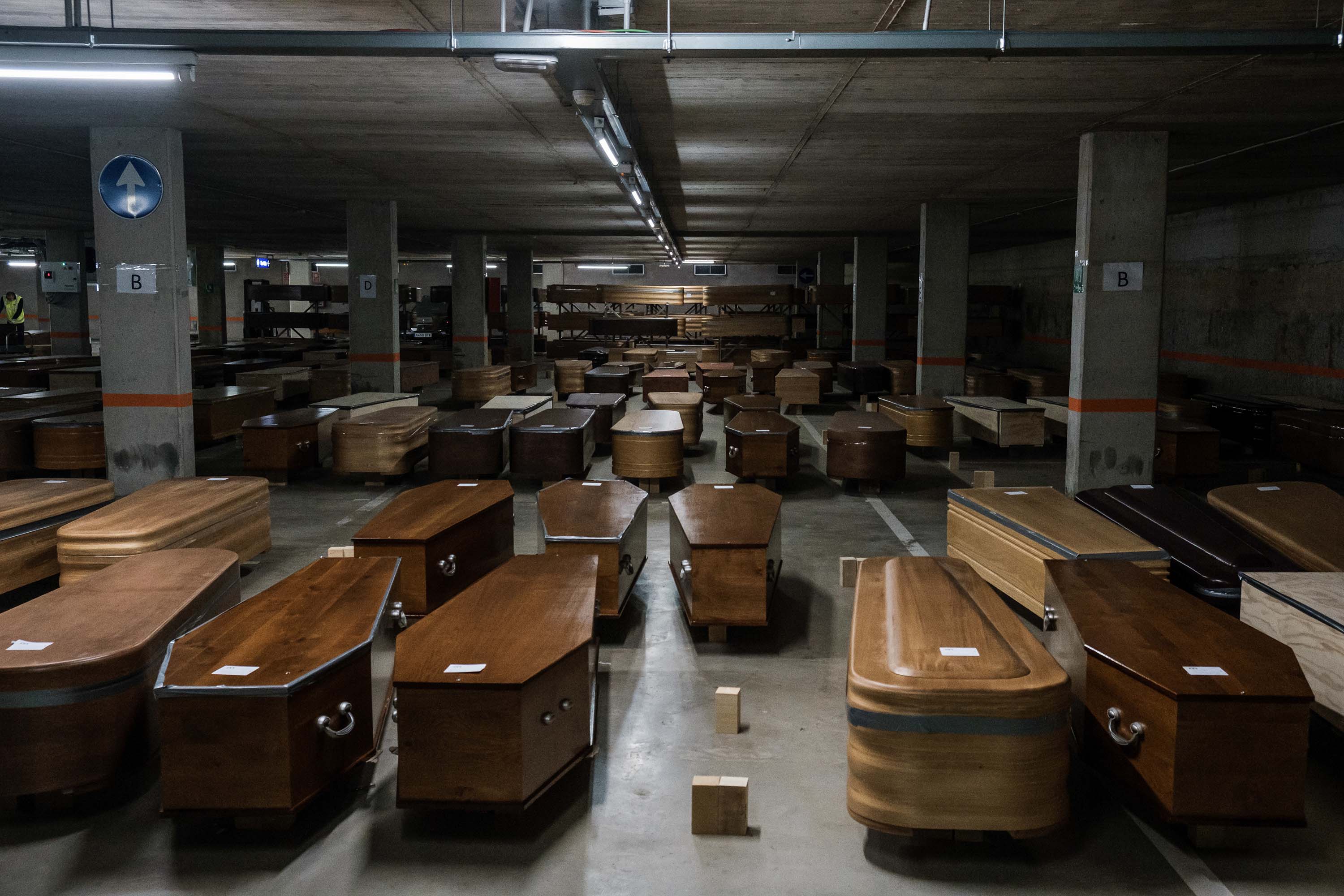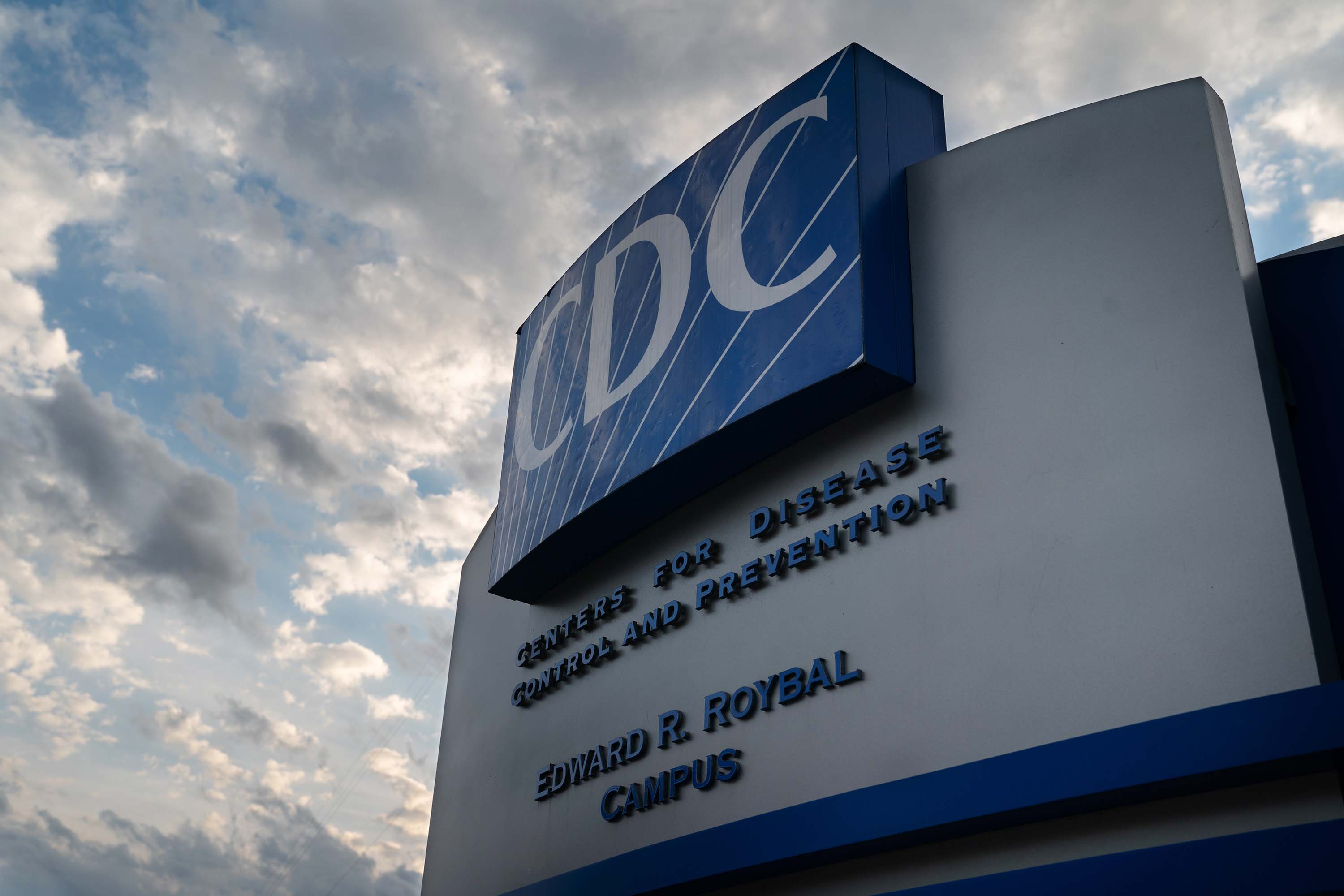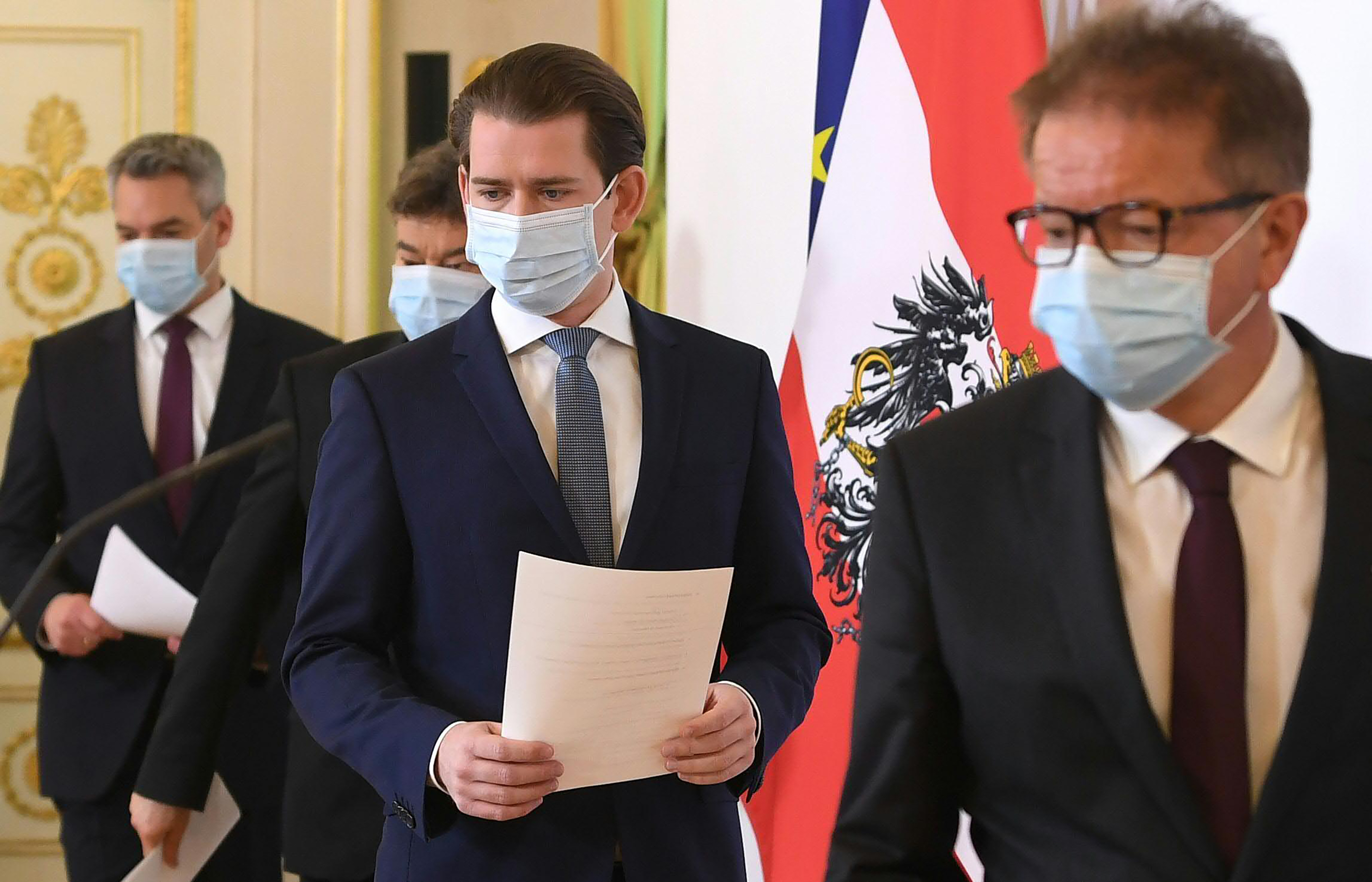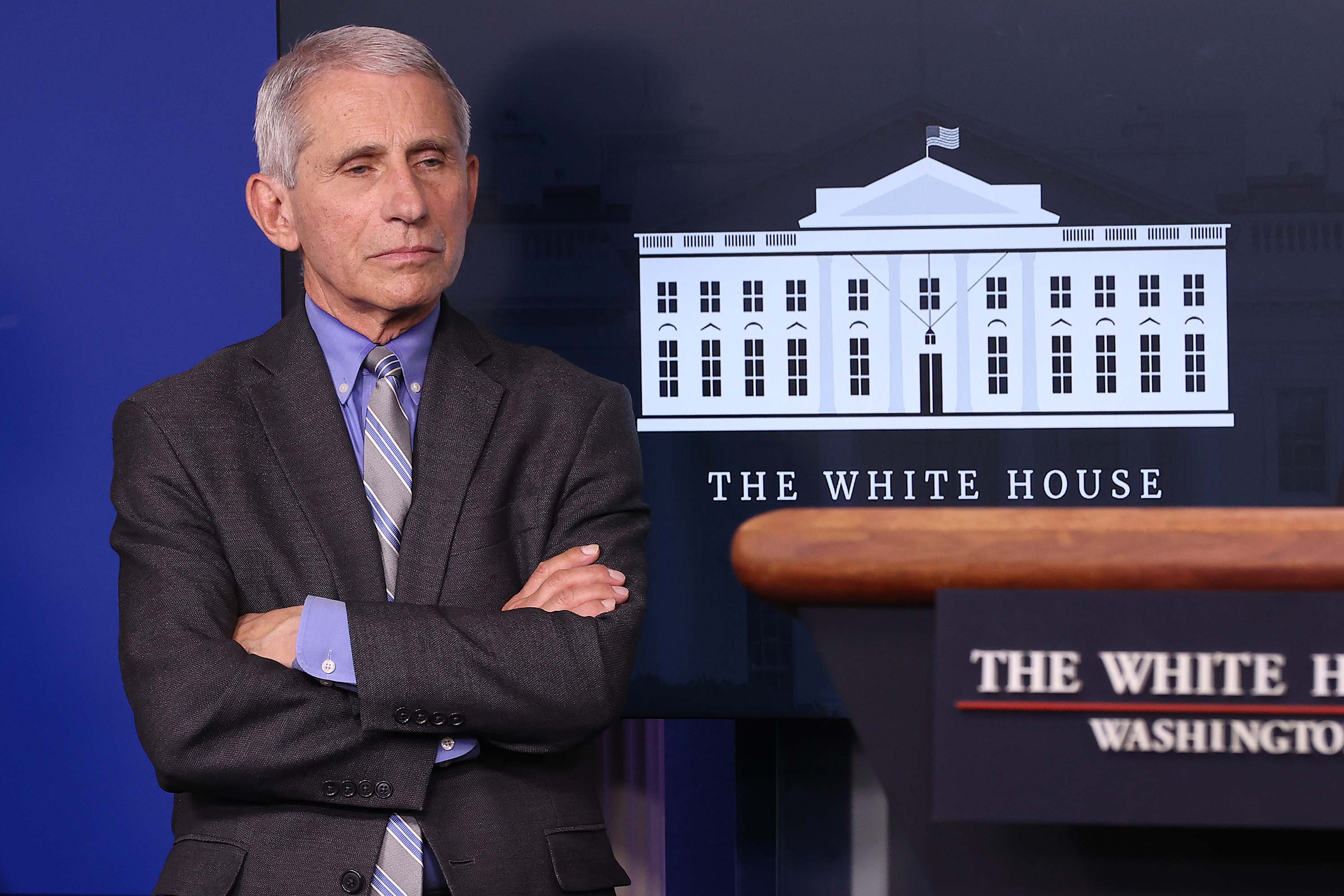
Dr. Anthony Fauci, the head of the National Institute of Allergy and Infectious Diseases, said Americans have the potential to take summer vacations — if we continue with mitigation strategies to prevent a resurgence.
Speaking to CBS This Morning, Fauci was asked if he could envision a typical summer, filled with vacations, baseball games, weddings and family reunions.
“It can be in the cards,” he said.
But he warned:
“And I say that with some caution, because as I said, when we do that, when we pull back and try to open up the country, as we often use that terminology, we have to be prepared that when the infections start to rear their heads again that we have it in place a very aggressive and effective way to identify, isolate, contract trace and make sure we don't have those spikes we have now. So the answer to your question is yes, if we do the things that we need to do to prevent the resurgence."
Getting back to normal is not like a light switch that you turn on and off, Fauci said, adding it’ll be gradual and depend on where in the country you live.
“The bottom line of it all is, that what we see looking forward, it is very likely that we will progress towards the steps towards normalization as we get to the end of this thirty days. And I think that’s going to be a good time to look and see how quickly can we make that move to try and normalize. But hopefully, and hopefully, by the time we get to the summer we will have taken many steps in that direction," he added.
When asked if Fauci would be taking a summer vacation, he laughed, “I don’t take vacations.”
